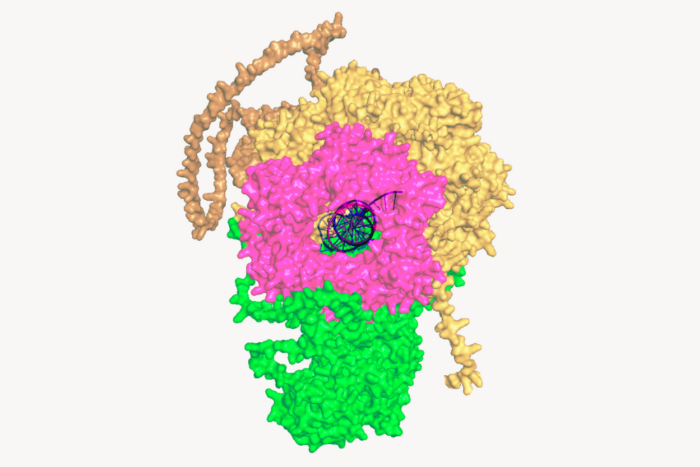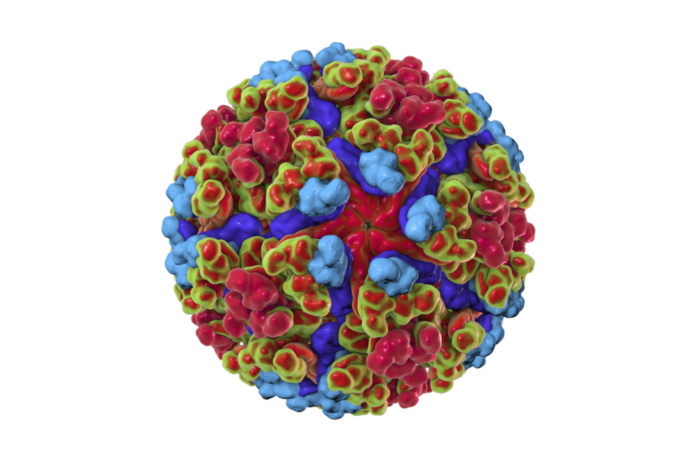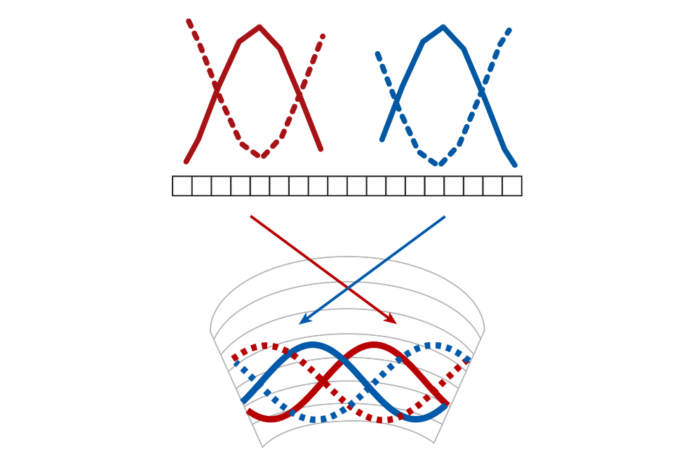Joshua Salvi
 Joshua Salvi
Joshua Salvi
Presented by A. James Hudspeth
B.S., The Pennsylvania State University
Mechanical Control of Sensory Hair-bundle Function
Human hearing is truly remarkable: we can detect frequencies a thousandfold as great as those measured by our other senses; we can capture sounds down to a level set by the clattering of air molecules against the eardrum; and we can analyze sounds from that threshold to a millionfold as loud. All these features suggest that something extraordinary is happening, and that has proven to be the case: each of our ears is equipped with a so-called “active process,” a sort of built-in hearing aid that amplifies and otherwise enhances the sounds that we hear, resulting in the qualities that I have mentioned.
Josh Salvi has devoted his doctoral research to understanding how this active process operates. Using single receptor cells from the ears of frogs, he has developed a unique experimental apparatus that can coerce the cells into the full range of behaviors that have been observed across a variety of sensory organs and species. By this means, he has clarified the conditions under which the receptor cells can operate most effectively and demonstrated how they achieve the technical specifications to which I have alluded.
In addition to his elegant research and his support of others in our group, Josh has also contributed a great deal to the local community during his period of research. As a student in the M.D.-Ph.D. program, he served for two years as executive director of the Weill Cornell Community Clinic, a voluntary organization that provides medical services to the indigent. He mentored high school students in the university’s Summer Neuroscience Program and Science Outreach Program and played an important role in the Neurodome project, which fosters neuroscience education through lurid but nicely produced projections in various planetaria. Finally, during the past year he organized and cotaught a statistics course that was highly successful and attracted more than two dozen participants.
Josh’s research has gone so well that he has elected to remain with our group for an additional year as a postdoctoral fellow before resuming his clinical education. My colleagues and I look forward to his continued presence and—in view of the variety of experimental questions that he can now approach—to his ongoing success.


